© UNICEF/UNI646716/Ndzombane
Home > Country action > South Africa
Download the full profile with additional key demographics, progress against milestones, and more.
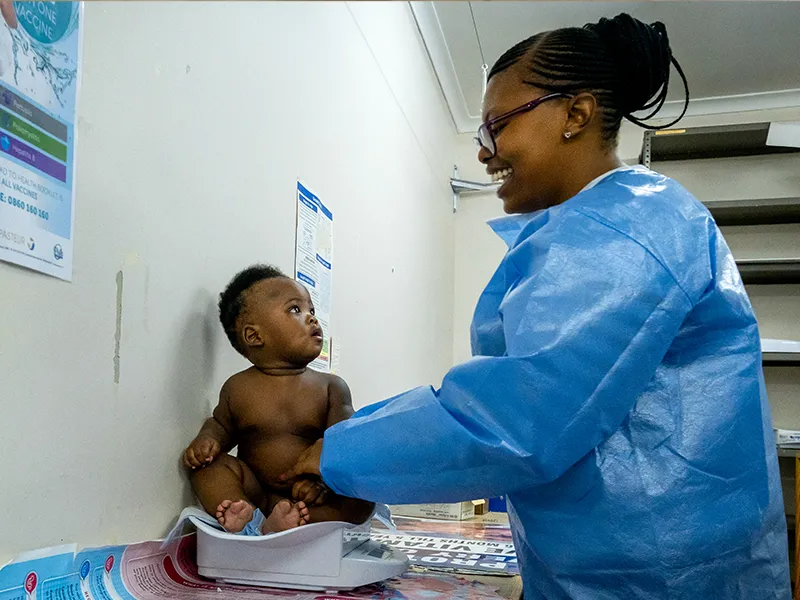
© UNICEF/UN0748889/Peens. A baby is weighed at Grey Hospital in Qonce (formerly known as King William’s Town) in the Eastern Cape province of South Africa on 28 September 2022.
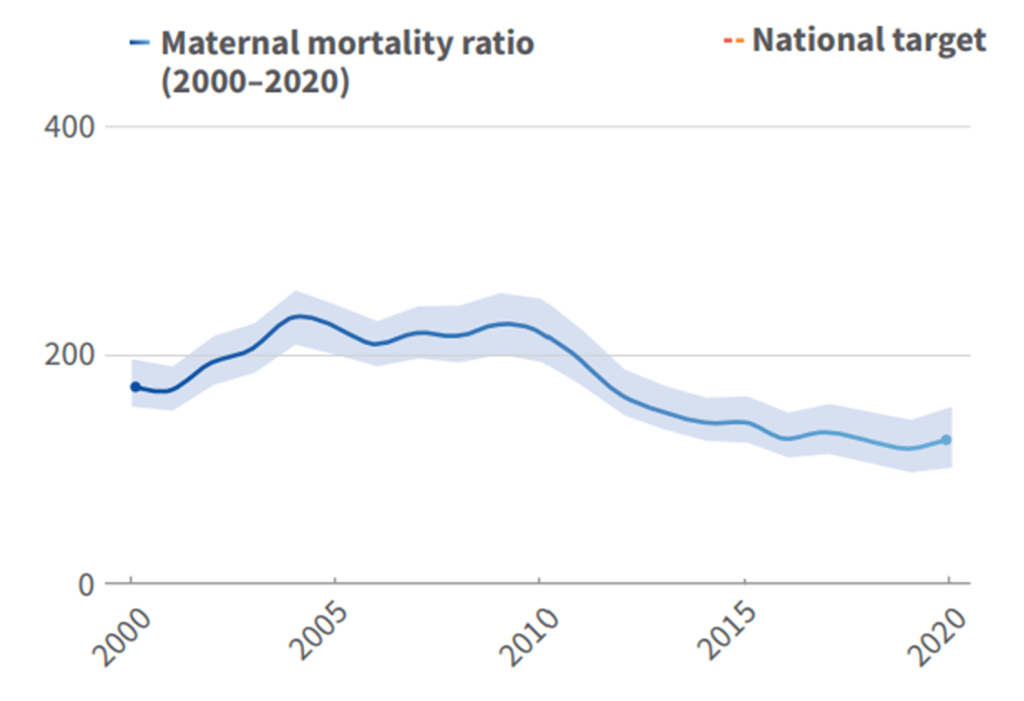
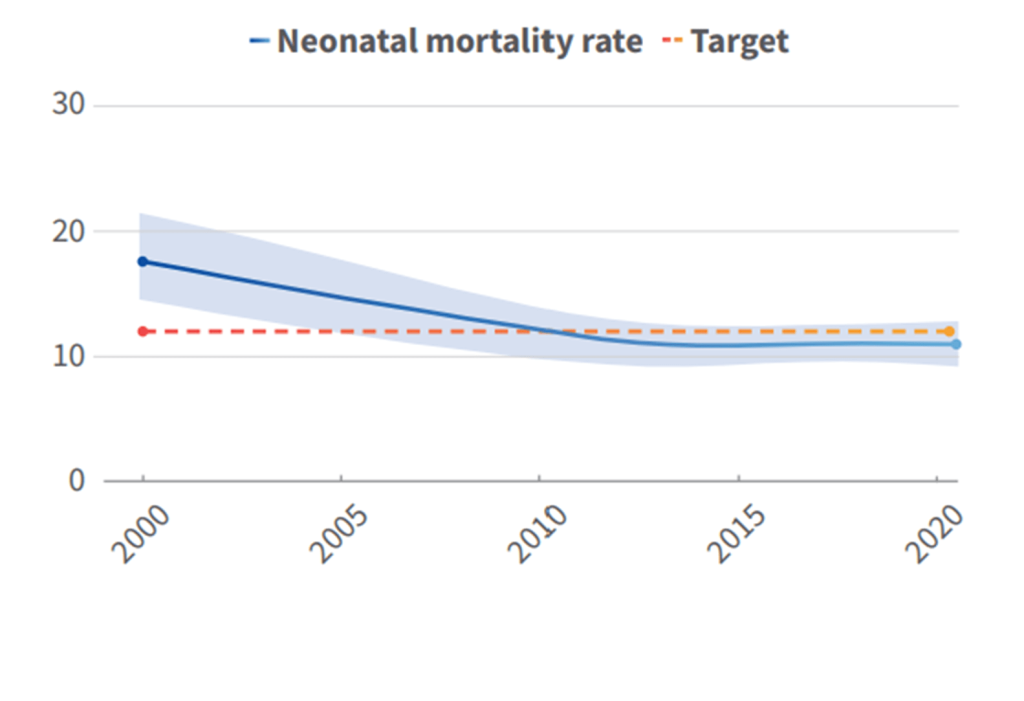
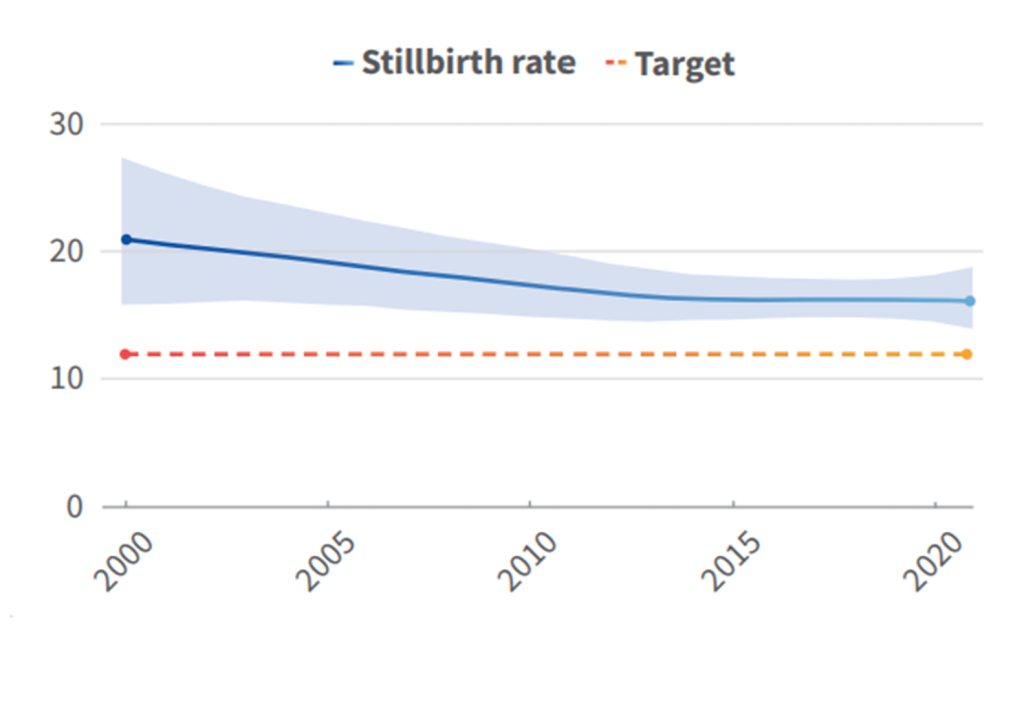
© UNICEF/UN0692786/Moulton A mother holds her baby while a healthcare worker does a routine check up during on her baby at a clinic in Cape Town, South Africa, on 20 May 2022.
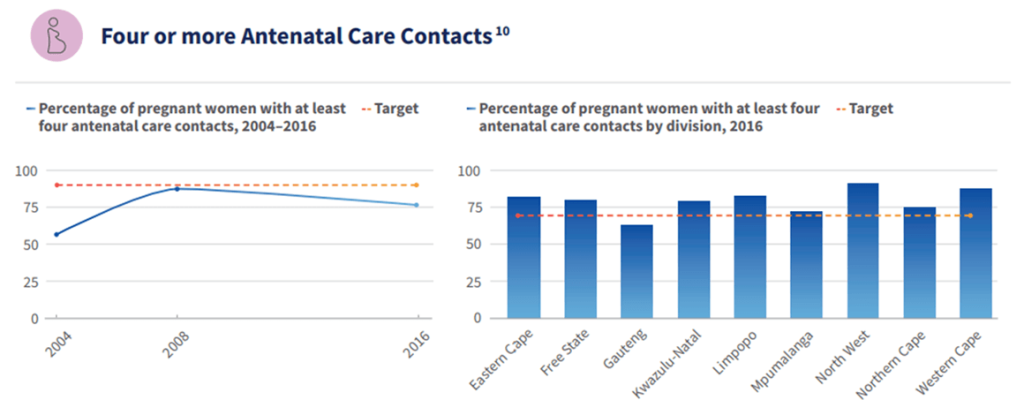
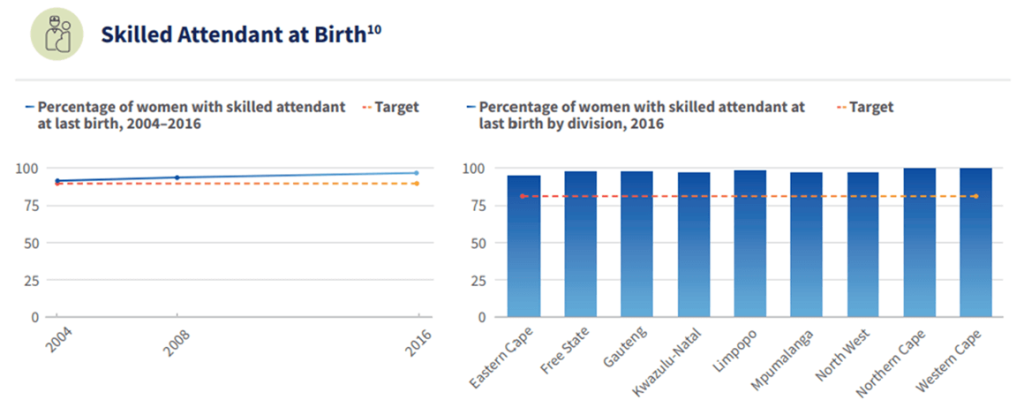
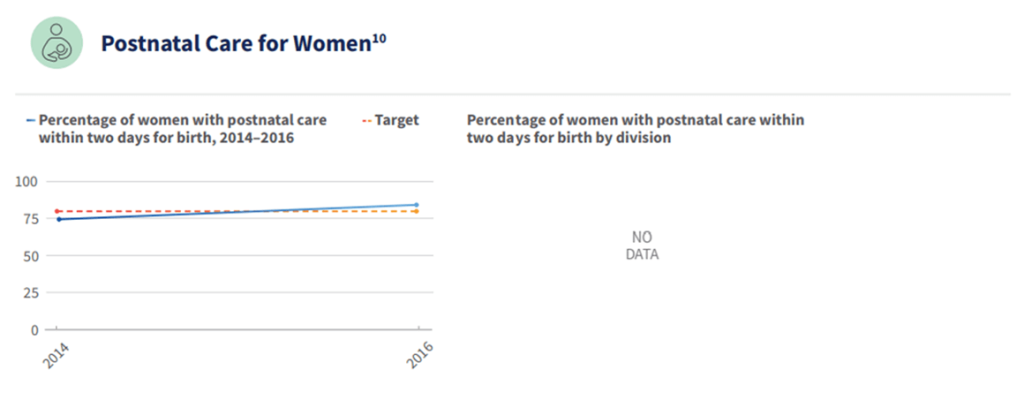
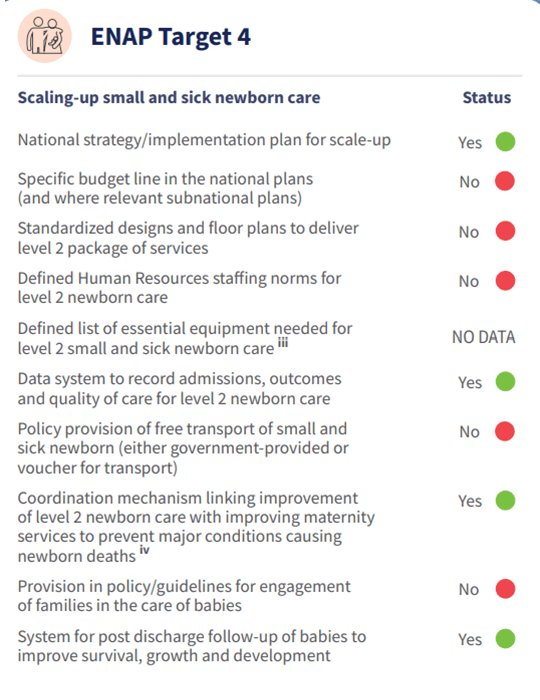
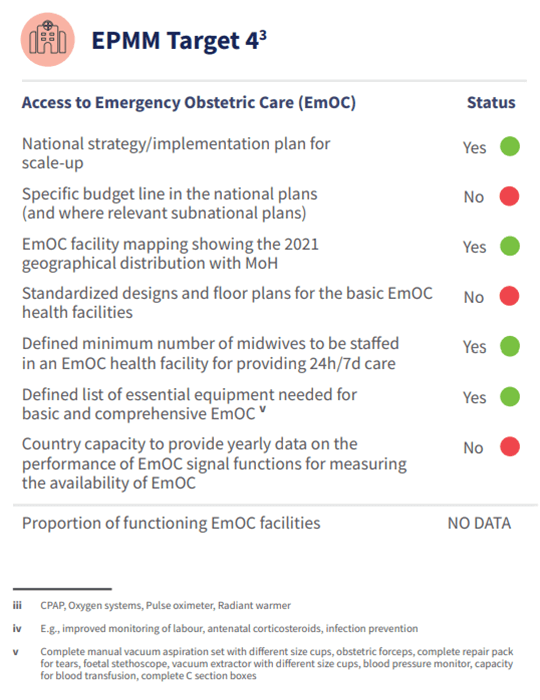
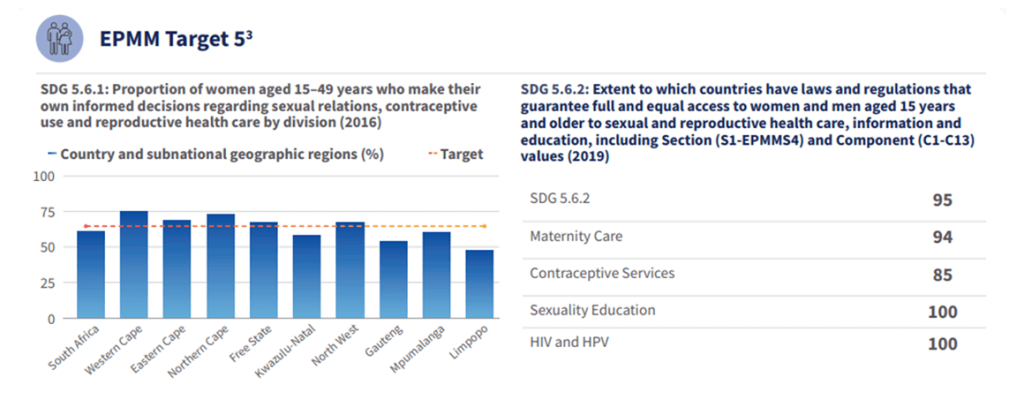
Some of South Africa’s MNH Acceleration Plan priorities include:
© UNICEF/UNI321985/O’Doherty
On 9 April 2020 in South Africa, attending paediatrician Dr. Bopapa holds newborn boy Fionn at a hospital in Johannesburg. Chloe says ““Dr Bopape, the hospital’s pediatrician examining our
baby the day after his birth and showing us some burping techniques. His face still very swollen from a natural birth.”

© UNICEF/UNI321981/O’Doherty. On 13 April 2020 in South Africa, Ava plays with her mother Chloe’s hair as she breast feeds her newborn son at home in Johannesburg.
As part of its efforts to reduce maternal and newborn mortality and stillbirths, South Africa is taking steps to improve the quality of maternal and newborn health. (Link to the quality of care internal page). These include:
Photo © 2020 WHO / Tatiana Almeida
Midwives during WHO Head of Sub-Office Dr Kai von Harbou visit to Hope Field Hospital
©EWENE 2024 | Privacy Policy | Website by Blick Creative
Photo © 2020 WHO / Tatiana Almeida
Midwives during WHO Head of Sub-Office Dr Kai von Harbou visit to Hope Field Hospital
© 2024 ENAP EPMM | Privacy Policy | Website by Blick Creative